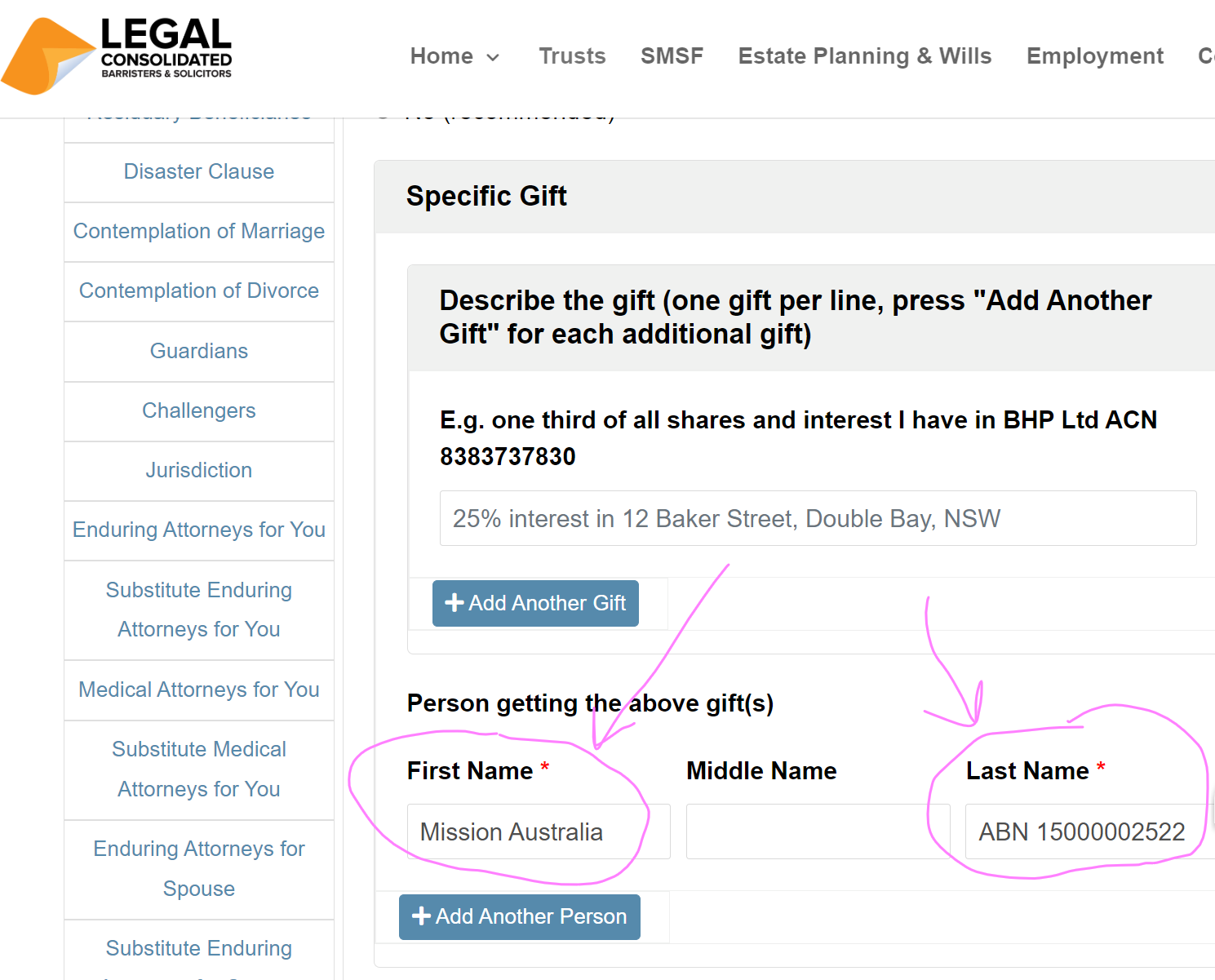What happens to my HECS Debt when I Die?
The executor of your Will lodges all outstanding tax returns. This is up to the date of your death. If the Notice of Assessment includes a compulsory HECS debt repayment, your Executor pays it out of your estate. Apart from that, the rest of the HECS debt is automatically written off by the government. This is good news for your beneficiaries.
Understanding HECS Loans: A Simple Guide
If you’re a student striving for higher education in Australia, the term “HECS loan” has likely crossed your path. This acronym stands for the Higher Education Contribution Scheme, a financial arrangement started in 1989. While those who studied at a university before 1989 might find themselves exempt from this system, the majority of us have or have had a HECS loan at some point in our educational journey.
Navigating HECS Debt After Dying
The question that often arises is: How do HECS loans operate, and what transpires after your educational pursuits are over?
Repayment of HECS loans is linked to income. The process starts when your earnings exceed a certain amount. When your income for that financial year exceeds this threshold, your employer makes the compulsory repayments on your behalf. These repayments are seamlessly deducted from your salary, ensuring a streamlined process.
The HECS debt is forgiven at your death
What happens when you die with a HECS debt?
What happens when you die with a HECS debt? What happens when you are no longer present to manage your HECS loan?
At your death, the responsibility of managing your assets and liabilities, including your HECS loan, falls to your executors in your Will.
You, the persons holding your POAs and then, at death, executors ensure that your compulsory repayments remain up-to-date. Your accountant prepares the outstanding tax returns for each relevant tax year.
At death, HECS has many rules
HECS loans occupy a singular piece within a broader jigsaw puzzle. Similar mechanisms extend to various other Government HELP loans, encompassing FEE-HELP, VET FEE-HELP, OS-HELP, SA-HELP, and VET Student Loan Debts.
The HECS loan has entrenched itself as an integral element within the Australian higher education landscape. As you navigate the path towards realising your academic aspirations, remember that HECS loans function as a support system, fostering financial flexibility. Keep a vigilant eye on your income and remain well-versed in repayment thresholds. Ensure the seamless transition from the realm of student life to the arena of gainful employment.
For further help on HECS loans, speak to your accountant and financial planner and use the myGov portal.
The Executor’s Role when you die with a HEC Debt
Your executor carries on with your financial affairs. The executor manages your assets and liabilities. This is according to your wishes in your 3-Generation Testamentary Trust Will.
Compulsory Repayments of HECS when you are dead
If you have not done so, then the executor shoulders the responsibility of ensuring that repayments are current until the day of your death. These repayments hinge upon your income. This falls under the stewardship of your employer, who deducts HEC payments directly from your salary.
Outstanding repayments are coordinated between your executor, employer, and the Australian Taxation Office (ATO). This may include your accountant preparing outstanding tax returns.
Cancellation of Remaining HECS Debt at death
Once you are up to date, the rest of the HECS balance is extinguished. This is good news for your beneficiaries.
Your executor files any outstanding tax returns at the time of your death. If your earning threshold is reached then the executor makes payments out of your estate. This is for that financial year. But, after this payment is made, the rest of the debt is written off. Neither your family nor your executor is liable for the rest of the HEC debt – it is written off.
I am still confused about the HEC debt at death
Q: This article suggests that HEC is split into two parts, one of which involves compulsory payments.
I understood that HECS disappeared upon the death of the student or ex-student. However, you seem to be saying that the executors are still required to bring up to date any compulsory payments.
In what circumstances are there compulsory payments after death, and how is it calculated
A: HECS-HELP debts are indeed extinguished upon the death of the student. This means the remaining balance is not transferable to the estate or any dependents. Thus, the family or executors are not liable for the debt.
However, any compulsory repayments due on a person’s tax return for the income year before their death must still be finalised. This situation typically arises when the deceased had earned above the compulsory repayment threshold during the part of the income year they were alive.
The compulsory repayment amount is calculated based on the deceased’s income for that specific income year, as per the usual HECS-HELP repayment thresholds.
Protects from death duties, divorcing and bankrupt children and a 32% tax on super.
Build online with free lifetime updates:
Couples Bundle
includes 3-Generation Testamentary Trust Wills and 4 POAs
Singles Bundle
includes 3-Generation Testamentary Trust Will and 2 POAs
Death Taxes
- Australia’s four death duties
- 32% tax on superannuation to children
- Selling a dead person’s home tax-free
- HECs debt at death
- CGT on dead wife’s wedding ring
- Extra tax on Charities
Vulnerable children and spend-thrifts
- Your Will includes:
- Divorce Protection Trust if children divorce
- Bankruptcy Trusts
- Special Disability Trust (free vulnerable children in Wills Training Video)

- Guardians for under 18-year-old children
- Considered person clause to stop Will challenges
Second Marriages & Challenging Will
- Contractual Will Agreement for second marriages
- Wills for blended families
- Do Marriages and Divorce revoke my Will?
- Can my lover challenge my Will?
- Make my Will fair: hotchpot clauses v Equalisation?
What if I:
- have assets or beneficiaries overseas?

- lack mental capacity to sign my Will?
- sign my Will in hospital or isolating?
- lose my Will or my home burns down?
- have addresses changed in my Will?
- have nicknames and alias names?
- want free storage of my Wills and POAs?
- put Specific Gifts in Wills
- build my parent’s Wills?
- leave money to my pets?
- want my adviser or accountant to build the Will for me?
Assets not in your Will
- Joint tenancy assets and the family home
- Loans to children, parents or company
- Gifts and forgiving a debt before you die
- Who controls my Company at death?
- Family Trusts:
- Changing control with Backup Appointors
- losing Centrelink and winding up Family Trust
- Does my Family Trust go in my Will?
Power of Attorney
 Money POAs: NSW, VIC, QLD, WA, SA, TAS, ACT & NT
Money POAs: NSW, VIC, QLD, WA, SA, TAS, ACT & NT
- be used to steal my money?
- act as trustee of my trust?
- change my Superannuation binding nomination?
- be witnessed by my financial planner witness?
- be signed if I lack mental capacity?
- Medical, Lifestyle, Guardianships, and Care Directives:
- Company POA when directors go missing, insane or die
After death
- Free Wish List to be kept with your Will
- Burial arrangements
- How to amend a Testamentary Trust after you die
- What happens to mortgages when I die?
- Family Court looks at dead Dad’s Will

